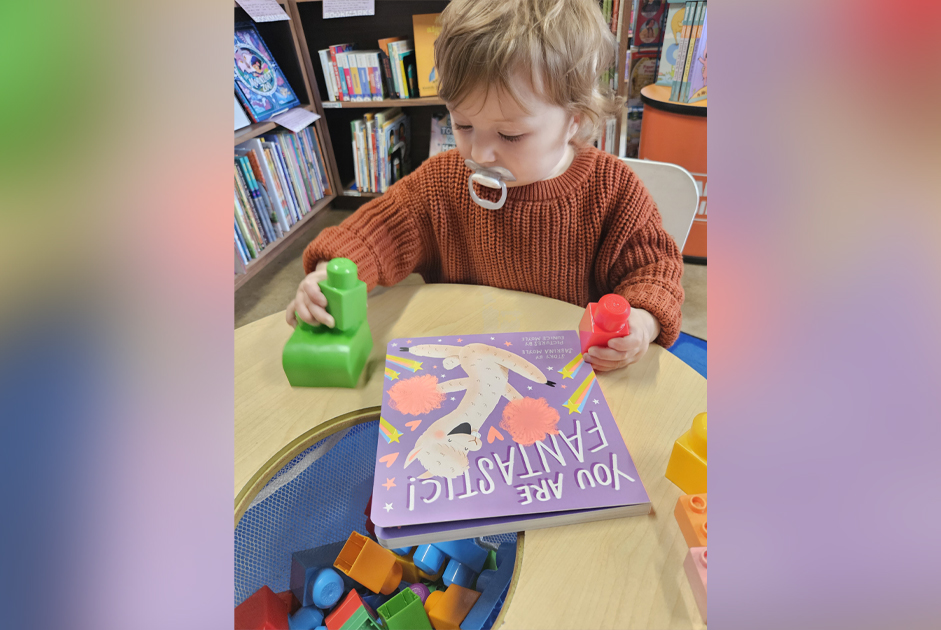BY STEPHANIE HELSABECK
The school year often begins with nervous anticipation…new teacher, new friends, sometimes a new school. These feelings are very natural as a child begins a new school year. What is un-natural are the negative feelings brought on at the beginning of third grade and continued until graduation, due to the nature of North Carolina’s End-of-Grade/End-of-Course testing program. As a teacher, I have seen students nervous and upset by the testing program. Some students become physically ill and wind up “getting sick” on the actual test. As a parent, I have witnessed the loss of sleep, appetite, and love of learning. At the beginning of third grade the focus quickly becomes “the test,” and most, if not all instruction revolves around this “snapshot” of student achievement administered over a few days at the end of the school year. Why does North Carolina put this much emphasis on one test? There is an entire school year to evaluate, so why is this test seen as the main way to evaluate our students and judge our schools? What can we do to change this?
North Carolina’s Department of Public Instruction states on their website that these scores are used to measure student learning. So, what’s wrong with using scores in this way? Measurement experts agree there is no test good enough to be used as the primary basis to make any important educational decision. Here in N.C. they are used in that way. Administrators and teachers use test scores as a primary way to determine success of students, and success of the school itself, when in reality the scores are simply an indicator, not a way to show the complexity of the learning process and take into account the other socioeconomic factors that are beyond the reasonable accountability of the school system.
Being a teacher myself, I have seen the effects of the testing program over the last twenty-five years. Educational researchers have also reported these negative aspects. Student engagement declines when schooling becomes “test prep.” What person wants to go to school and be forced to read mind-numbing selections and choose A, B, C, or D? How could student engagement not decline when the student is presented with learning tasks like this? Testing narrows the curriculum and forces teachers to teach to a test, which is a “one-size-fits-all” approach that actually fits few and negatively affects many. In fact, there was a nine-year study done by the National Research Council (2011) that found the emphasis on testing caused harm and produced little learning progress. There are many studies and articles I could cite that document the negative impact of our state’s approach to testing, but it can be easily searched using the internet for those wishing to delve further.
What can be done? For starters, we as citizens can become educated about what is happening in our schools, and about how money and instructional time is being thrown away due to these tests. School-based conversations on testing issues, and alternatives that are authentic ways to assess students need to be taking place in our communities. Facebook, web pages, and other social media, flyers, and word of mouth can be used to spread the word that the testing program needs to change. There is already a website called FAIRTEST.ORG that has articles, sample letters to legislators, and information on successful actions taken in other states that have produced positive changes.
For years, I have waited for the testing madness to end, but because we have moved to seeing students as “data,” I am afraid it won’t change until parents and citizens demand an end to the “high-stakes” testing fiasco! There is nothing wrong with using a test as an indicator of student achievement. The problem is that here in N.C. it is used inappropriately. Students and teachers are judged harshly for scores that do not meet the state’s expectations. Testing to monitor growth is appropriate, but should be used as an indicator, not as part of a harsh reward/punishment system. I invite you to join the conversation that can lead to positive change in testing for our students. There is no more time to waste!





















